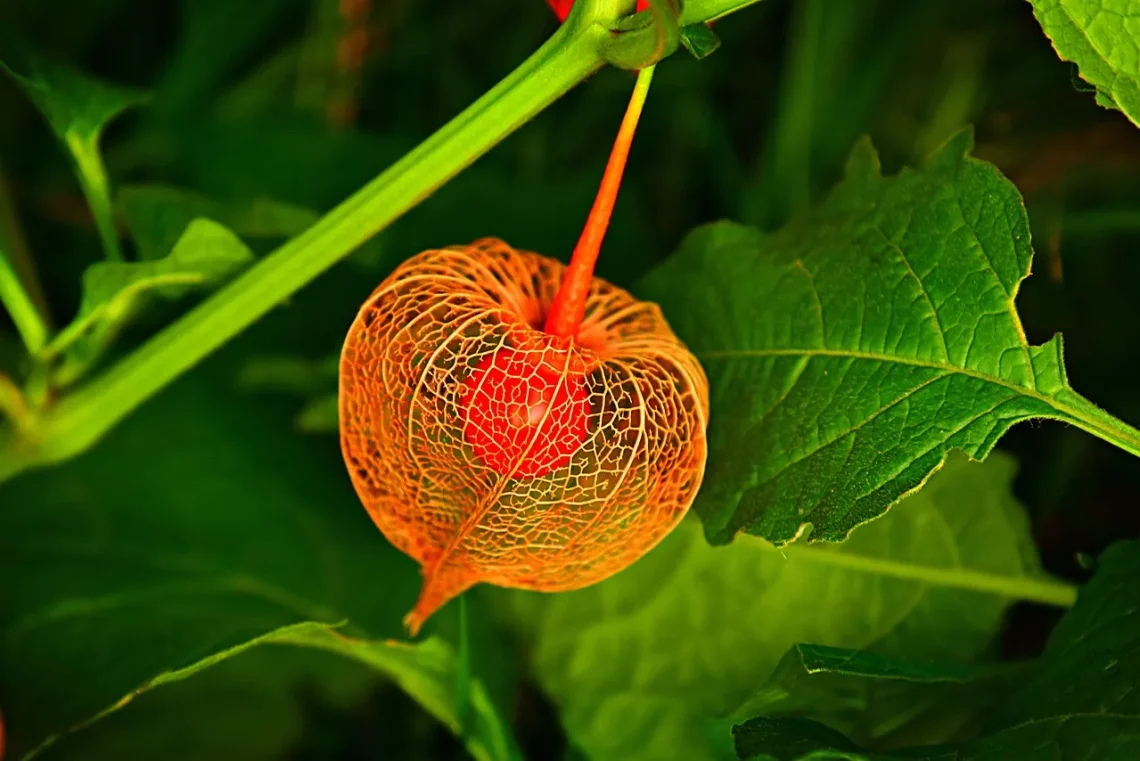
Will Beer Harm Plants and Eliminate Beetles?
Beer has long been celebrated for its refreshing taste and its role in social gatherings, but its use extends beyond mere enjoyment. In the realm of gardening and pest control, beer is often discussed among enthusiasts and casual gardeners alike. The notion that beer might have beneficial or detrimental effects on plants and insects like beetles stirs curiosity. As people seek natural alternatives to chemical pesticides and fertilizers, understanding the implications of using beer in the garden becomes increasingly relevant.
The complexities of plant health and pest management require careful consideration of the substances introduced into the ecosystem. Beer is a fermented beverage made from grains, hops, yeast, and water, and it contains various compounds that could theoretically affect plant growth and insect behavior. While some gardeners swear by beer as a means to deter certain pests, others raise concerns about potential negative impacts on plant health.
This interplay between beer, plants, and pests prompts a deeper examination of how this popular beverage interacts with the natural world. Exploring these dynamics can help gardeners make informed decisions, enhancing their gardening practices while respecting ecological balance.
Understanding Beer’s Composition and Its Potential Effects
To grasp how beer might influence plants and insects, it’s essential to understand its composition. Beer is primarily made up of water, which accounts for about 90% of its content. The remaining components, including carbohydrates, alcohol, hops, and various minerals, contribute to its flavor and aroma. The alcohol content, typically ranging from 3% to 12%, can vary significantly between different types of beer.
When it comes to plants, the presence of sugars and carbohydrates in beer can have intriguing effects. Some gardeners believe that the sugars can attract beneficial microorganisms to the soil, potentially enhancing nutrient availability. Additionally, the mild acidity of beer can alter soil pH, creating an environment that might either support or hinder plant growth depending on the specific needs of the plants involved.
However, the alcohol in beer poses a potential risk to plants. High concentrations of alcohol can be toxic to many plant species, leading to wilting, stunted growth, or even death. The key lies in the concentration and method of application. When applied in small amounts, beer may not harm plants significantly, but overuse or incorrect application can lead to detrimental outcomes.
Furthermore, the impact of beer on plants does not occur in isolation. Environmental factors such as soil composition, moisture levels, and the specific types of plants being cultivated all play crucial roles in determining how beer affects them. Consequently, while beer might have some beneficial properties, it is vital for gardeners to approach its use cautiously and to monitor the results closely.
Using Beer as a Pest Deterrent
One of the most popular uses of beer in gardening is as a pest deterrent. Many gardeners have reported success in using beer to attract and trap certain pests, particularly slugs and snails. The sweet aroma of beer can lure these unwanted visitors, leading them to drown in the liquid. This method is often embraced as a more natural and environmentally friendly alternative to chemical pesticides.
To implement this strategy, gardeners typically set up shallow dishes filled with beer and place them at strategic locations in the garden. The effectiveness of this method can vary depending on the type of beer used and the specific pests present. It is important to choose a beer that is aromatic and has a higher sugar content to maximize its attractant properties.
While beer can be effective against certain pests, it is crucial to remember that it may not deter all types of insects. For instance, beetles can exhibit varying responses to beer, with some species being attracted to it while others might not be affected at all. This variability underscores the need for gardeners to identify the specific pests they are dealing with and to tailor their approaches accordingly.
Additionally, relying solely on beer as a pest control measure can lead to imbalances in the garden ecosystem. While it may reduce populations of certain pests, it is essential to maintain a holistic approach to pest management that includes promoting beneficial insects and using other organic practices. Beer can be a part of this strategy, but it should not be the sole method relied upon.
The Pros and Cons of Beer in Gardening
When considering the use of beer in gardening, it is essential to weigh the advantages and disadvantages. On the positive side, beer can serve as a natural attractant for pests, providing an organic solution for pest control. Its ability to promote microbial activity in the soil can also enhance plant health when used appropriately.
Moreover, beer can contribute to composting efforts. Adding small amounts of beer to compost piles can help accelerate decomposition due to the sugars and moisture it contains. This can lead to richer compost, which ultimately benefits garden plants.
However, there are notable drawbacks to using beer in the garden. The potential for alcohol toxicity in plants can pose a significant risk, especially if beer is overapplied. Additionally, using beer as a pest control method may attract unwanted insects or animals, leading to unintended consequences.
Moreover, the use of beer might not always be cost-effective for gardeners, especially if they are dealing with larger areas or persistent pest problems. While a few cans of beer may seem harmless, the cumulative cost can add up over time, leading some gardeners to seek more sustainable and economical solutions.
In summary, while beer offers some intriguing possibilities for gardening, it is not a one-size-fits-all solution. Gardeners should carefully consider their specific circumstances, weighing the potential benefits against the risks involved. As with any gardening practice, experimentation and observation are key to finding the most effective and sustainable methods for individual gardens.
Final Thoughts on Beer, Plants, and Pest Management
In conclusion, the relationship between beer, plants, and pests is multifaceted and requires careful consideration. While beer may offer some benefits in terms of pest control and microbial activity in the soil, the potential risks associated with its use—particularly regarding plant health—should not be overlooked.
Gardeners interested in incorporating beer into their gardening practices should start with small amounts, observing how their plants respond and adjusting their approach as needed. It is also wise to combine beer use with other organic gardening strategies, such as encouraging beneficial insects and maintaining healthy soil conditions.
Ultimately, the key to successful gardening lies in understanding the unique dynamics of your garden ecosystem. By remaining attentive and adaptable, gardeners can navigate the complexities of pest management while fostering the health and vitality of their plants.
**Disclaimer**: This article is not intended as medical advice. For health-related issues or concerns, it is always best to consult with a qualified healthcare professional.




